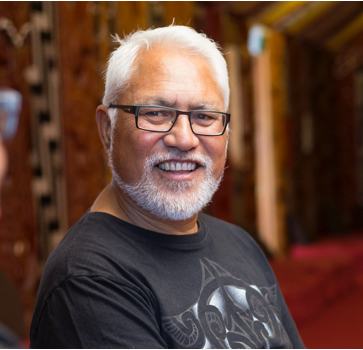Takutai moana: Customary rights in the marine and coastal area (foreshore and seabed)
Customary rights that can be recognised
What kinds of customary rights can be recognised under Te Takutai Moana Act?
Te Takutai Moana Act 2011, s 9(1)
Te Takutai Moana Act 2011 allows Māori to gain recognition of two kinds of rights:
- “customary marine title”, which is basically about some of the elements of ownership and possession, and
- “protected customary rights”, which is basically about use and activities.
Note: Some of the customary rights discussed in this section (or rights very similar to them) might exist for your group even if they’re not formally recognised under Te Takutai Moana Act. For example, if you’re gathering hāngi stones now, it’s likely you can legally continue to do that. It’s a good idea to get advice from a lawyer about whether it’s worth spending the time and money in your particular case getting recognition under Te Takutai Moana Act. For legal help, you can start by contacting your local Community Law Centre.
Customary ownership (“Customary marine title”)
Te Takutai Moana Act 2011, ss 58–60
“Customary marine title” is roughly similar to some of the elements of ownership and exclusive possession (that is, the right to possess the area to the exclusion of all other people), but the rights it gives are restricted.
Your group can’t sell the area or exclude the New Zealand public from it, but customary marine title does give you certain rights – for example:
- the right to give or refuse permission for activities by others that need resource consents from local councils or permits
- ownership rights over minerals other than petroleum, gold, silver and uranium
- provisional ownership rights over taonga tūturu found in the area
- the right to be consulted when someone applies for a marine mammal watching permit.
To prove that it has customary marine title that should be recognised for a particular area, a Māori group must have had the exclusive use and occupation of the area since 1840 without any substantial interruption, and must have held it in accordance with tikanga.
Your group can delegate or transfer its customary marine title to the area in accordance with tikanga.
Customary use (“Protected customary rights”)
Te Takutai Moana Act 2011, ss 51, 52
“Protected customary rights” basically means rights to activities and uses that are conducted according to tikanga – for example, launching waka or gathering stones for hāngi. The activity or use must have a physical component involving a natural or physical resource – the right can’t just be based on a spiritual connection on its own. However, in general these protected customary rights don’t include fishing and commercial aquaculture.
Once those customary rights have been legally recognised for your group, then you can do those things without needing to get any resource consent from local councils. Local councils also can’t give resource consents to someone else for any activities that would affect your protected activities in any significant way, unless your group agrees.
To show that it has customary rights that should be protected, a Māori group would need to show that the particular uses and activities have existed continuously since 1840.
Protected customary rights don’t have to be exclusive to your group to be recognised – more than one group may have carried out the same activities in that area, or different activities in that area, and these activities can all be recognised.

